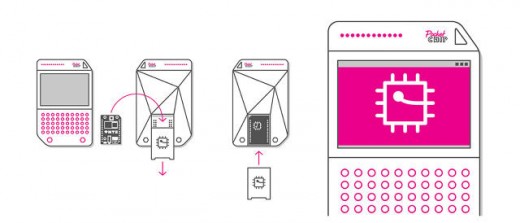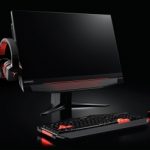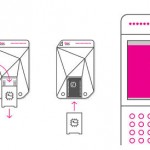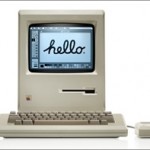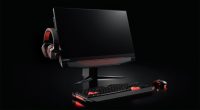The World’s First $9 Computer Does Everything That Your Expensive Model Can Do
Chip is a bona fide Kickstarter hit. But the tiny computer’s implications go far beyond the novelty of a cheap computer.
Over the years, a number of ultra-cheap computers have popped up—in fact, a $169 computer for the developing world, called Endless, was announced just last month. But nothing out there can match the price of Chip, a tiny new $9 computer that has attracted over a million dollars in funding on Kickstarter.
Chip can do anything that you might want from a normal computer, albeit a little slower. It runs a fully-functional desktop operating system, along with open-source applications that include pre-installed photo and audio editing, word processing, web access, and email. It also has Bluetooth and Wi-Fi connectivity built in.
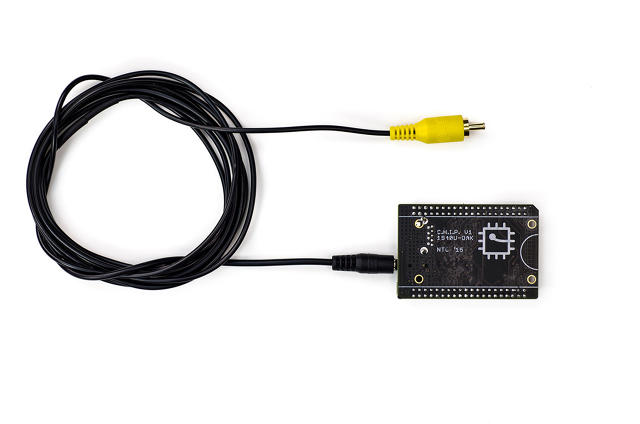
Designed by Next Thing—a company based in Oakland, California, and Shenzhen, China—the computer was built in conjunction with Chinese chip manufacturer Allwinner Technology, which specializes in chips for tablets.
“It’s a good computer. You could write a story using Chip, it has fully a fully functional media player, you can play audio, and output to almost any kind of screen,” says Next Thing co-founder Dave Rauchwerk. “But it’s not a supercomputer built for the fastest 3-D games released today.” The processing power is similar to a low-end smartphone, according to Fortune.
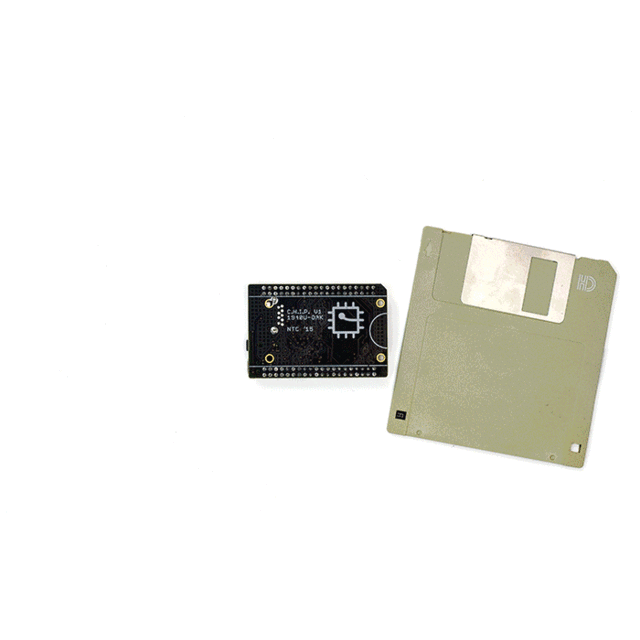
The concept for Chip came about a little over a year ago, when Next Thing designed an animated GIF camera built using the open-source Raspberry Pi computer (cost for Raspberry Pi: $35). Customers were enthusiastic about the camera, but Next Thing didn’t sell that many. At $249, it was just too expensive.
“The most expensive part of the camera that we could change was the computer,” says Rauchwek. “A computer that powers products like this needs to be under $10, so we started a project to think about how we could do it.”
Already, Next Thing has heard of numerous projects hoping to launch with Chip. One man in Maputo, Mozambique, wants to outfit local schools. A number of teachers, school district, and NGOs in the U.S. have also reached out.
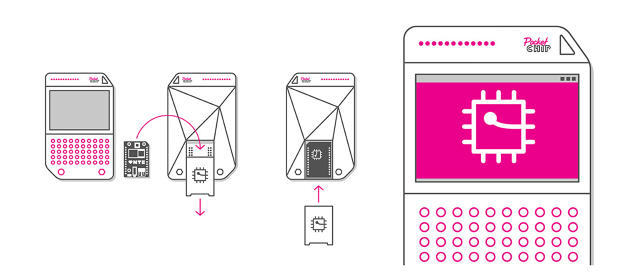
Here’s where it gets exciting: Enterprising entrepreneurs are also talking about using Chip to build satellites, according to Rauchwek. Since Chip is so cheap, all sorts of expensive projects—like satellite-building—suddenly become affordable. There could be entire product ecosystems built around the Chip computer.
“We knew that people who already understood what a tiny powerful computer meant would be excited about Chip. What we didn’t know is whether or not regular people in the general public would be as excited as we are ,” says Rauchwek. Over a million dollars worth of Chip orders indicates that the general public is pretty enthusiastic.
Fast Company , Read Full Story
(209)

